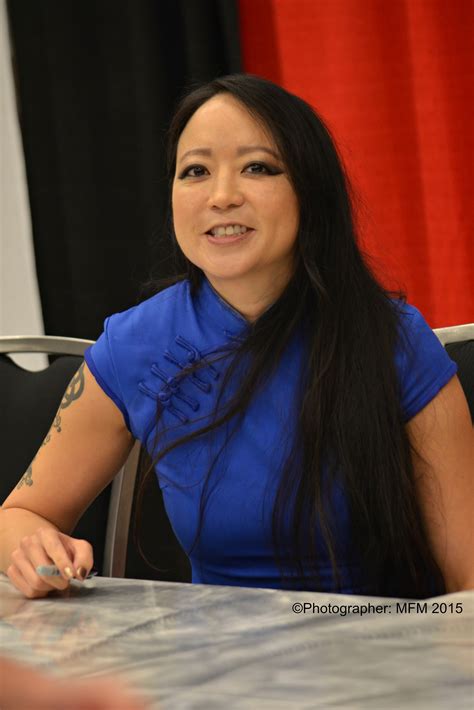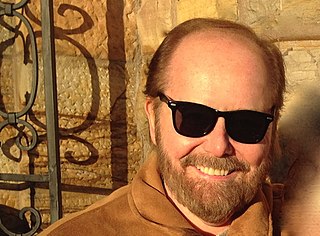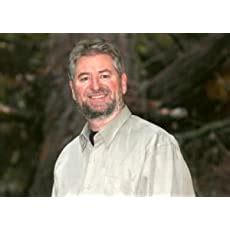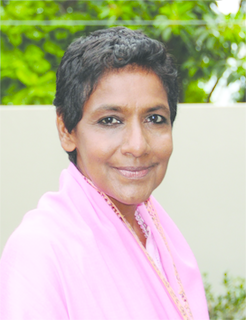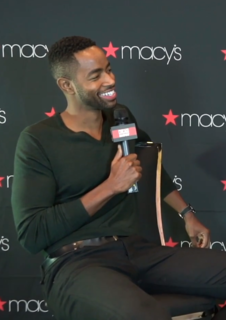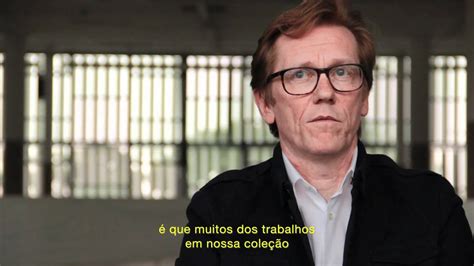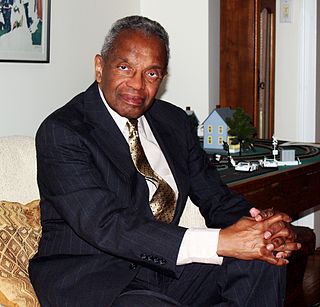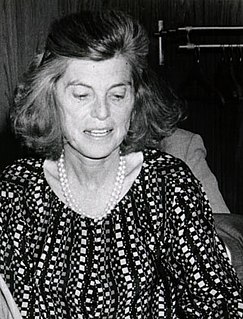A Quote by Candy Chang
[A community chalkboard is] about knowing you're not alone. It's about understanding our neighbors in new and enlightening ways.
Related Quotes
Wisdom is not developable, as if it's a matter of luck or personality or genetics. Well it's just not the case. Wisdom involves our accumulated knowledge about a subject but also a reverence for life, for an understanding that our immediate actions have long-term consequences, and for an appreciation that there are different ways of knowing and understanding situations.
We [African-Americans] are nearly half of all of the new cases of HIV every year, but we only represent 13 percent of the [U.S.] population. So, this is something that's literally bombarding our community, non-stop. We're such a small part of the nation [and] those numbers are alarming. We're putting ourselves in danger, we don't talk about getting tested and we don't talk about knowing [your status].
These artists all have some kind of message to the public. These messages can be quite personal, maybe about their own existential situation, and it can be about suffering, it can be about questioning of one's existence and so on. They are all telling us very genuine stories, which are touching us in different ways and they are enlightening in different ways. But it's not only the stories themselves, but it's how it is done - that creates the impact of the story. It is not what is said but how it is said. I don't think you can dissociate the content from the form.
Most of the time, people are not actually concerned with prostitution and sex work. They're concerned about seeing people who they think are prostitutes and sex workers in their community. Sometimes this just comes down to profiling, the feeling of "I don't want someone who looks like that in my neighborhood." We need communities and neighbors to regard sex workers as part of the community and fellow neighbors. But that's really difficult. There's certainly nothing supporting that.
If I could, I'd go city by city, county by county, town by town, and talk to people to explain to them what immigration is really about - that this is not about me, this is not about us, this is not about us taking something from you. This is not about us being a threat to you. This is not about Democrat or Republican, and this is not really about border security. But in some ways our politics, and in many ways our politicians, have gotten in the way.
